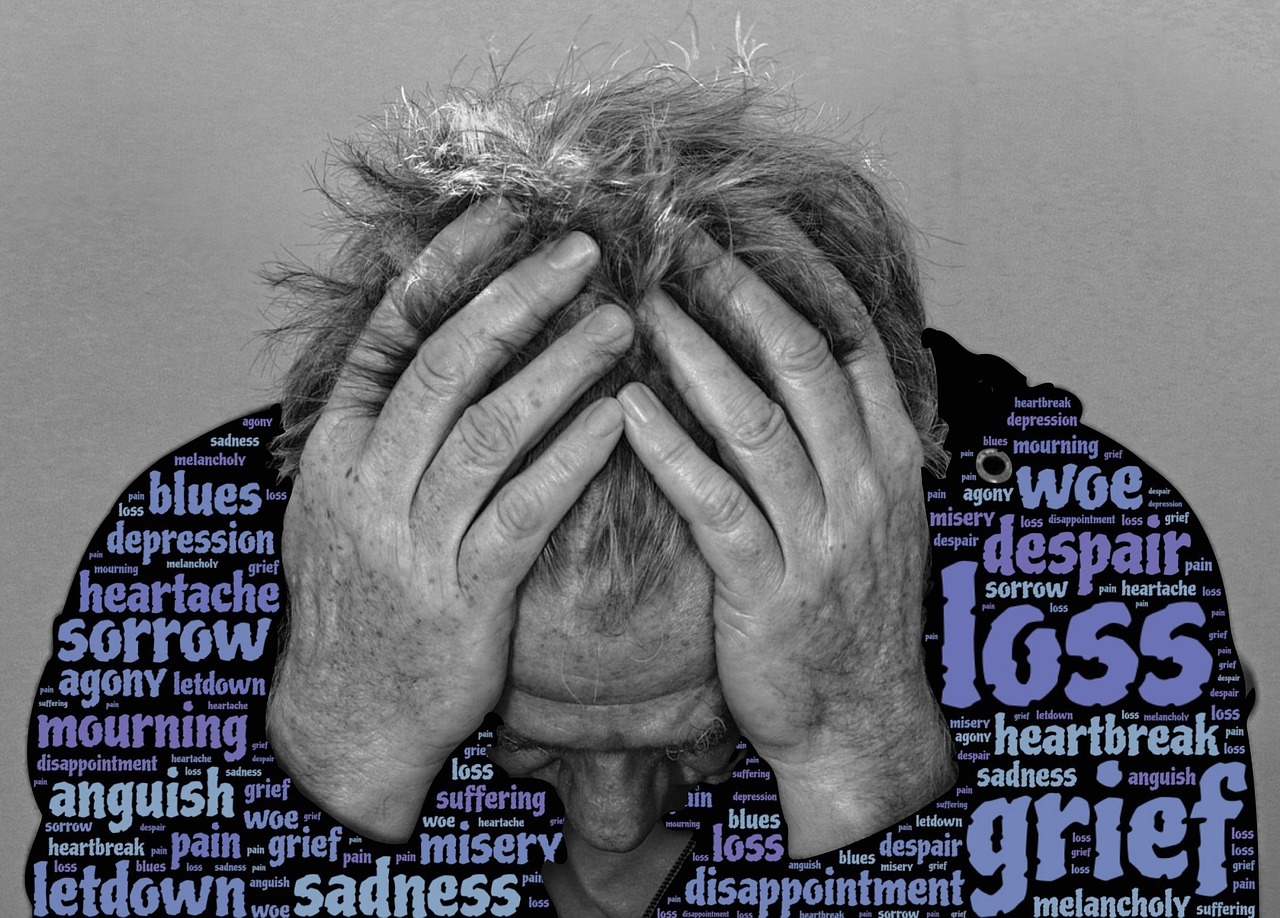
Grief is a normal response to losing loved ones and experiencing other serious setbacks in life. Sometimes we may have loved ones taken away from us for reasons such as wrongful death which can be traumatic and difficult to deal with. In the case of this sometimes you may need to go and see lawyers at either their offices here or online if preferable. Taking legal measures against those who could have caused a loved one to die early can sometimes be a part of the grieving process and may even help you to recover a little bit from the pain you feel. The fact that it is a normal response doesn’t mean there’s one right way to experience grief, though. Some people experience shock, anger, or disbelief, while others feel guilty or are just plain sad.
Grief can make it difficult to sleep, eat, and function and can disrupt emotional and physical health. It takes time to process serious losses, and the grieving process can’t be forced. Employers should also allow you to take bereavement leave so that you have space to breathe and recover. Those who are concerned about their own experiences or those of their loved ones can read on to find out about five myths and facts regarding grieving to learn what to expect.

Myth #1: The Pain Will Go Away When Ignored
Trying to ignore the pain of grief will only make it worse. Those suffering a serious loss must confront their pain and actively deal with it if they want to heal. It can help to investigate options for Therapy for Grief and Loss, look into support groups, or consult a bereavement counselor.
Myth #2: It’s Important to Be Strong
Grieving for a loved one doesn’t make anyone weak, it makes them normal. While everyone’s natural response to grief is different, there’s no need for anyone to put on a brave front. In fact, it can be harmful. Openly discussing feelings associated with grief can help people better understand them and make it more likely that they’ll get the help they need to process their grief in healthy ways.
Myth #3: There’s a Time Limit on How Long It’s Acceptable to Grieve
Different people go through the stages of grief at different rates, so there is no time limit on how long the bereaved are allowed to grieve for their losses. Those going through the process themselves should try to exercise self-compassion and understand that what they are experiencing is normal. If their grief begins to interfere with their daily lives, it may be worth seeking help from friends or a professional therapist or grief counselor.
Trying to support a loved one through the grieving process? Know that it may be a long process and try to avoid drawing comparisons between personal experience and other people’s grieving processes. Since everyone is different, it may take longer for a friend or family member to learn how to cope with loss and move on with life.
You can, however, help lower their pain by providing a helping hand in things they might need support with. For instance, if the deceased was the only earning member of the family, he might have left an insured sum or a written will for the family. To decipher these, people generally need the help of abled professionals like an insurance agent or an Estate Planning lawyer. Well, you can contact these professionals on their behalf so they get what’s left in their name, which might give them a little hope in these tough times.
Myth #4: Moving On Is Disrespectful
Some people assume that moving on after a loved one dies is disrespectful to his or her memory. It’s important to keep in mind that moving on is not the same thing as forgetting. It’s perfectly fine to acknowledge the loss of someone important and cherish shared memories without holding onto them to the extent that it continues to interfere with life for years or decades after his or her passing.
Myth #5: People Should Cry When They Grieve
Everyone is different. While it’s perfectly normal to cry over the loss of a loved one, not everyone experiences this response. It doesn’t mean they’re not sad. It just means they have different ways of experiencing the loss.
The Bottom Line
It’s normal to experience intense emotional pain after losing a loved one. The grief is an important part of the healing process. There’s no right or wrong way to grieve, but those who are having trouble moving on with their lives should know that help is available.

